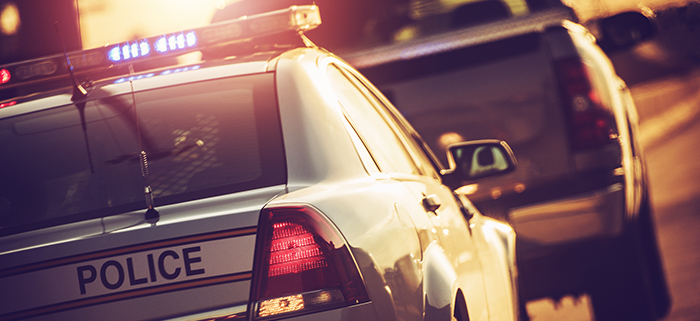There are videos on social media websites and YouTube purporting to show how to get out of a DUI checkpoint. It is important to note that different jurisdictions have different laws. Following the advice on some of these videos might result in you losing your license and even going to jail. Below we talk about the legality of DUI checkpoints in the State of Florida and what rights you may have.
Are DUI Checkpoints Constitutional?
In the case Department of State Police v. Sitz, the United States Supreme Court found that the Constitution allows for DUI Checkpoints for three main reasons:
- The court ruled that the state has a vested interest in preventing DUI-related accidents due to safety reasons. Those protected include citizens, residents, and/or tourists.
- The level of intrusion by the state on the drivers at a DUI checkpoint is minimal.
- The benefit of a DUI checkpoint in achieving the state’s goals while mitigating the impact on individual rights was sufficient and did not violate the Fourth Amendment.
What Constitutes a Legal Checkpoint?
In State v Jones, the Florida Supreme Court ruled that checkpoints in Florida are legal. That is, as long as it meets two specific requirements:
- The police must have a specific location in place for the checkpoint. This means the checkpoint must be at one set location for a predetermined amount of time.
- The police must have a system in place such as checking every other car.
All of this must be documented in a plan for the checkpoint and that plan must be strictly followed. An example of a legal checkpoint would be the police automatically directing every third car to pull over at a specific intersection from the hours of 10 P.M. to 2 A.M. on a Friday.
What are the Officers Looking For?
The officers are looking for anyone that shows signs of being under the influence of alcohol or drugs while operating their motor vehicle. If the police have reasonable suspicion of a person being under the influence they may remove the person and request of them to perform a field sobriety test. Additionally, if the police find probable cause of any other illegal activity in the car, they may perform a search of the vehicle. If the driver is found to be under the influence and/or something illegal was found in the car, then the person may be arrested and further testing may be conducted.
Do I Have to Identify Myself to the Police at a DUI Checkpoint?
Identifying information is not protected by law. This means that you must show your driver’s license or some other proof of ID at a legal DUI checkpoint.
Can the Police Interview Me at a DUI Checkpoint?
If the DUI checkpoint meets the legal requirement under Florida law, then the police have the right to ask you questions. Outside of basic identifying information, you don’t have to answer any questions.
In Conclusion
If you face a DUI charge, you must seek legal counsel. Adam Bantner at Valrico Law Group is an expert in DUI defense and will work diligently to defend your rights.


